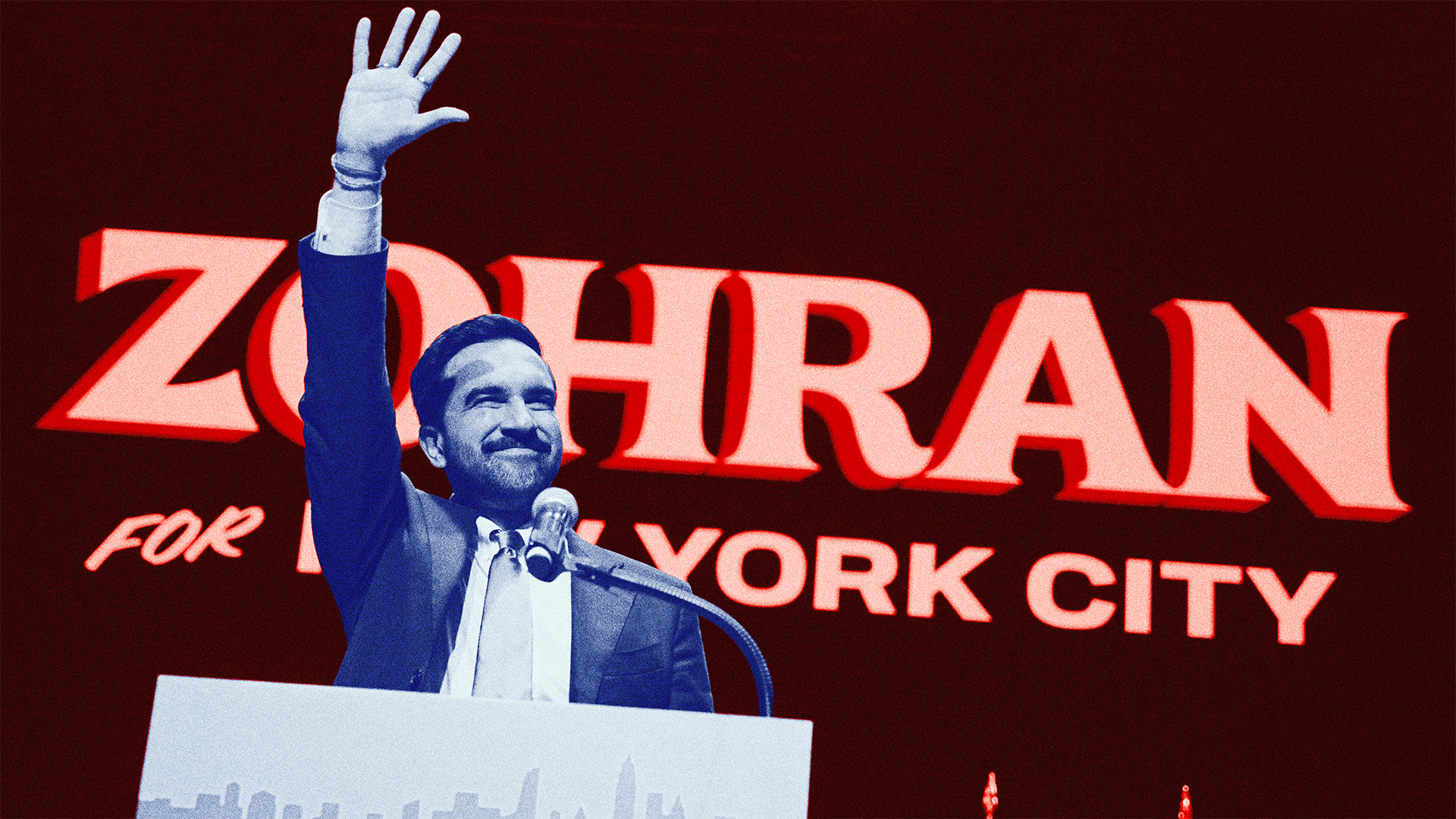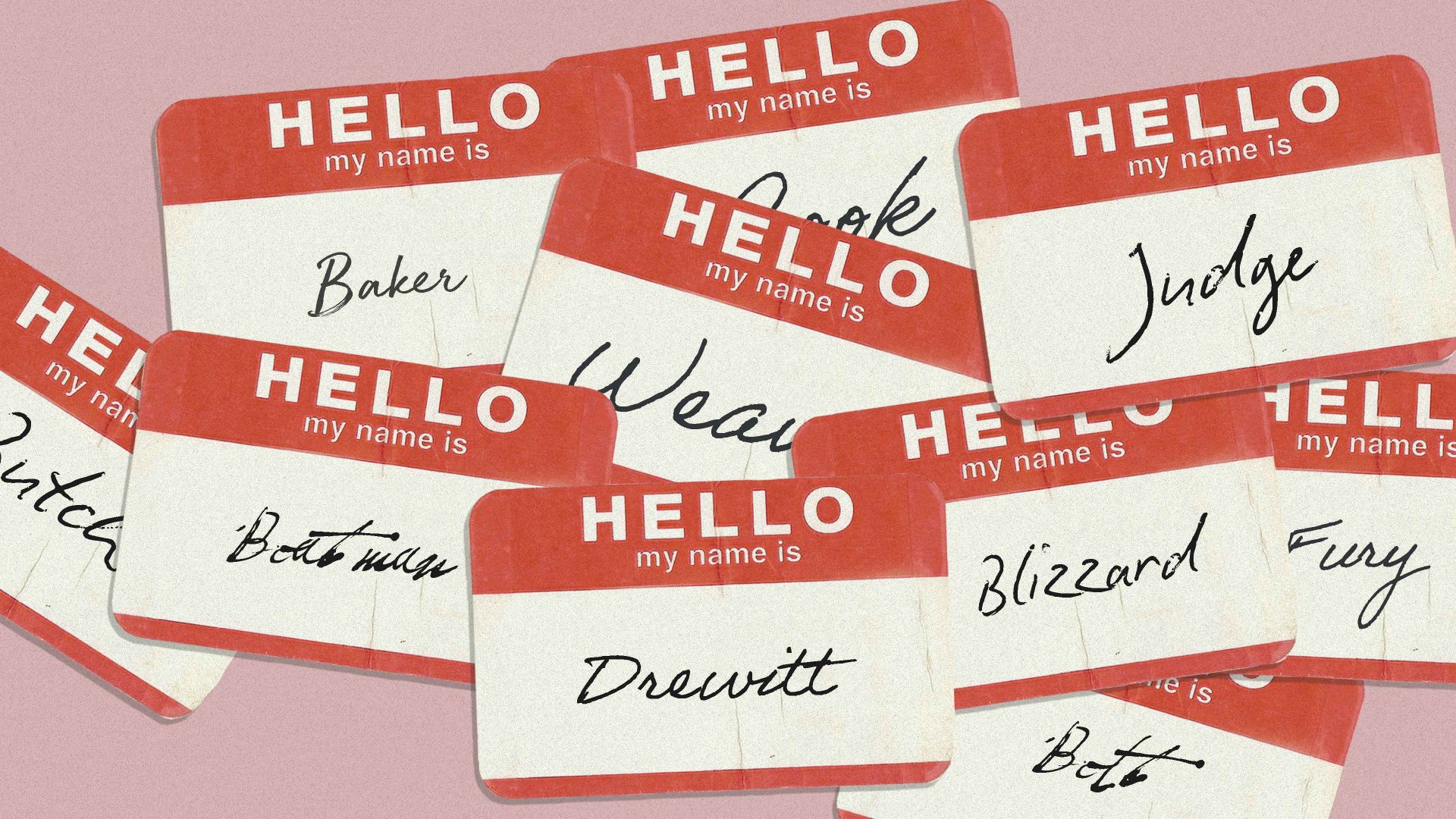I have no memory of it happening, because I was too young, but my mother loves telling the story. I wouldn’t want to steal it from her. Still, she’s not here right now, and this is my column, so I guess I can take a stab at it.
So, here goes: you’re my mum and you’re currently spending time in Marrakech with your family. You’re staying with your parents and have brought your daughter, a boisterous three-year-old old with you.
One evening, you notice…well, you notice nothing. That’s the problem. The house seems to be silent. That is not a noise – or lack thereof – that you welcome, as someone with a young child.
Curious, you start looking for her. She’s not in any of the rooms near you, so you start to worry a bit. You go upstairs, looking in the kitchen and the bathroom and the living room, but simply can’t find her. Eventually, you open a door and you find…Well, it’s hard to explain.
Later, you will come to understand that your kid saw her grandmother on a prayer mat, folded forward in something like a child’s pose, and she thought: wahoo! We’re playing horsie! She climbed on top of her grandmother’s back, sat there, and started jumping up and down, occasionally patting her butt in order for her to go faster.
Now, your mother is a dignified woman; a real matriarch; a person people know and respect. This mum of yours, as you find her, has her face on the mat, and is laughing so hard, so hysterically, that she’s unable to catch her breath and whisper even a word. This was my first proper introduction to Islam’s five daily prayers.
A year or two later, in Morocco again, I fell asleep on the couch one evening, as the grown-ups were merrily chatting next to me. I woke up at some point a couple of hours after that, feeling like something was happening. I opened my eyes and saw them – all my relatives, all those adults, gathered around the dinner table and eating huge and exciting-seeming piles of food, without me. Without me!
I demanded to know what was happening and my mum, probably eager to return to her meal, told me it was a “midnight feast”, something my family did sometimes. For the rest of the trip, I insisted on having my dinner, falling asleep in the living room, then being woken up for the extra meal. It only seemed fair.
For some time afterwards, I saw Ramadan as this big, beautiful festival that happened in Morocco, and involved people eating all the time. It was glorious, I loved it. Eventually, my mum had to set me straight, and make me notice that the grown-ups weren’t eating their breakfast, lunch and dinner with me. For a while, though, I really did just wish it could be Ramadan every day.
I’m telling you all this to entertain you, by the way, but also because it’s important to me. I may not be a practicing Muslim – or a practicing Christian, for that matter – but both religions and cultures shaped my upbringing. I think it’s something that’s worth mentioning whenever I can.
Suggested Reading

Racism in Britain is getting worse
I was thinking about it the other day while watching Zohran Mamdani’s speech on Islamophobia, which he gave in the run-up to the New York mayoral election. Some years ago, he said, a well-meaning uncle of his told him that he didn’t have to mention that he was Muslim, given his political aspirations. He ignored the advice but, over time, found himself heeding it without meaning to.
“I thought that if I could build a campaign of universality…if I behaved well enough or bit my tongue enough…it would allow me to be more than just my faith”, he said. “I was wrong. In many ways, I have become that same uncle who pulled me aside six years ago. No more.”
Standing outside the Islamic Cultural Center of the Bronx, he added: “There are 12 days remaining until election day. I will be a Muslim man in New York City each of those 12 days, and every day that follows after that. I will not change who I am, how I eat, or the faith that I am proud to call my own. But there is one thing that I will change: I will no longer look for myself in the shadows. I will find myself in the light.”
The speech made me quite emotional, and it forced me to confront the fact that I very rarely bring up my own background. Would we be in a better space if more people in the public eye shared their own personal experiences of Islam? The stories can be silly and mundane, that doesn’t matter. Hell, if anything, I think the silly and mundane stories matter a whole lot more than we sometimes give them credit for.
They’re a brilliant reminder that we’re all human, and understanding can only be fostered if we all aim to open up a bit more. This was, I suppose, my attempt to start doing just that. On which note, I guess the only thing I have left to say is: yeehaw!
Reading opens minds. It can change them. Turn the page on division and subscribe to The New World. Share our work, tell a friend, and be visible… buy the t-shirt (or the mug, or the hoodie). Go to shop.thenewworld.co.uk.
But most of all, read.



